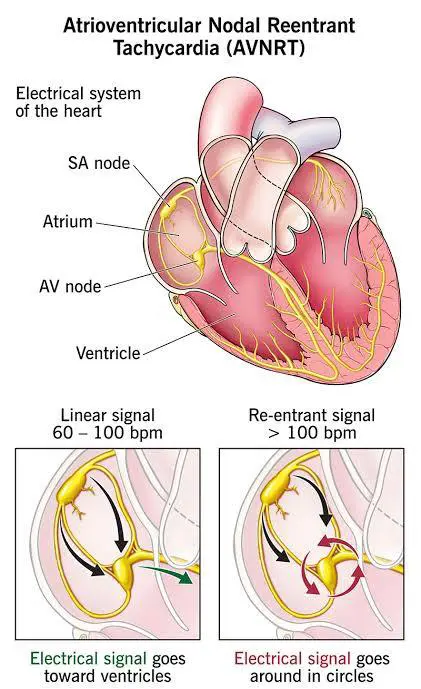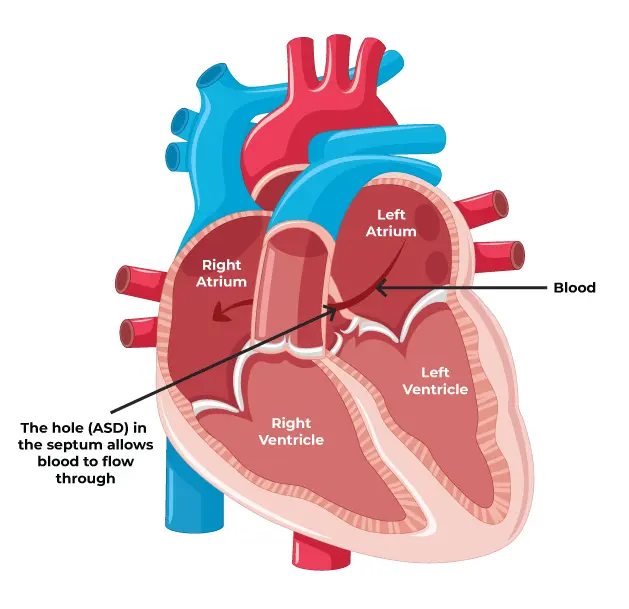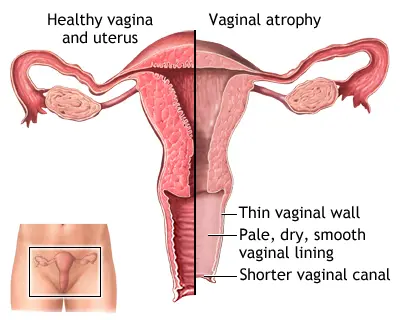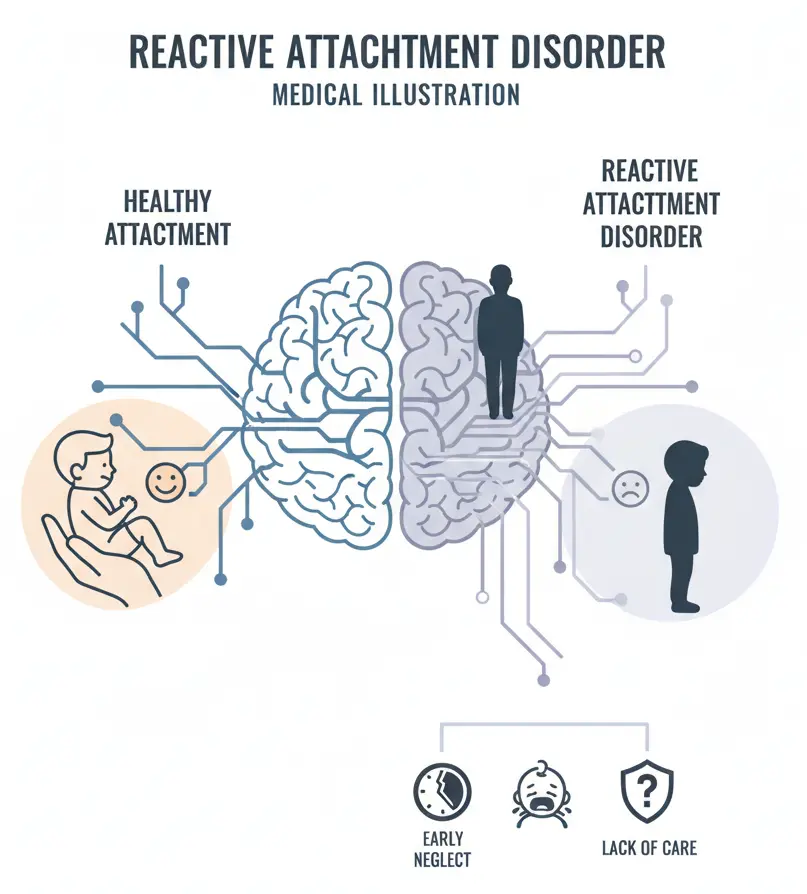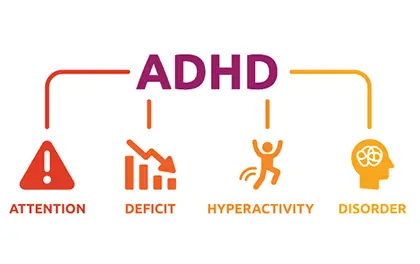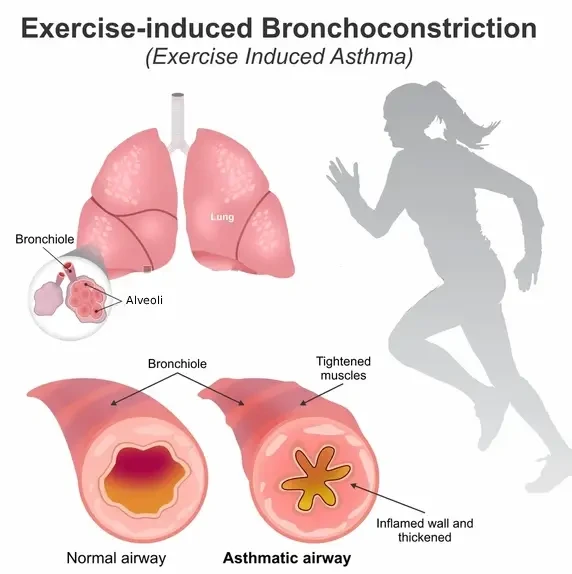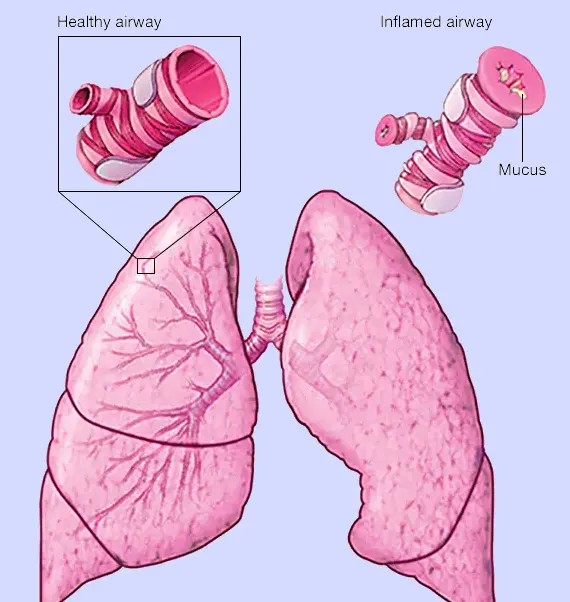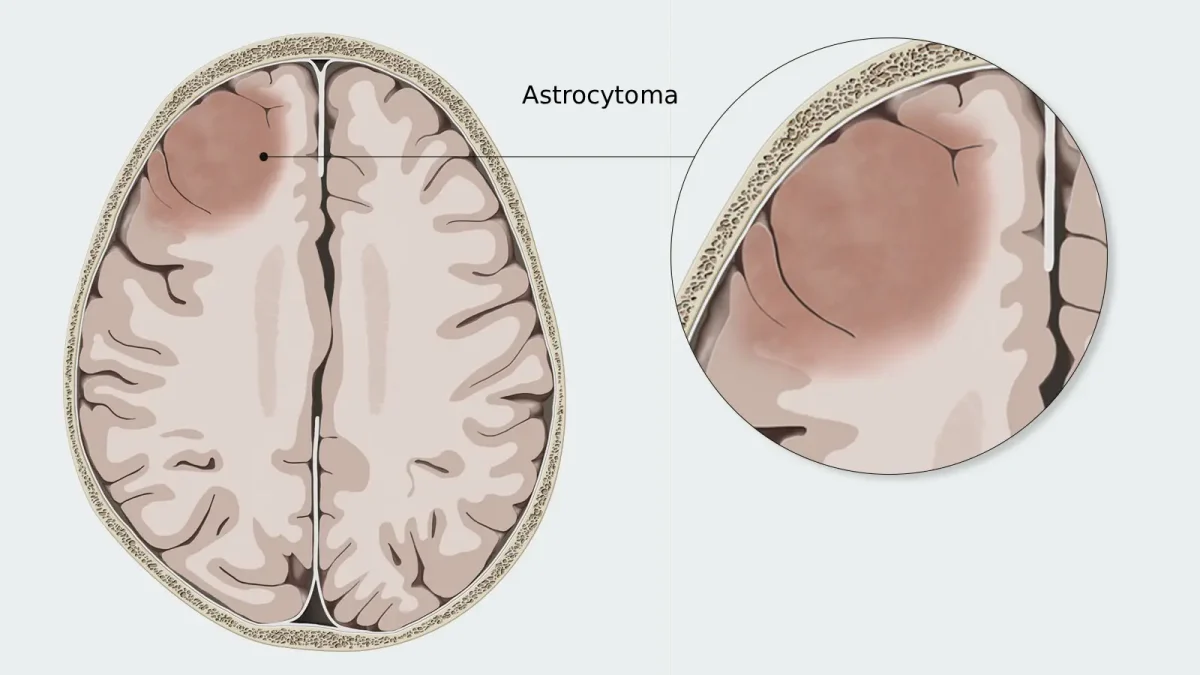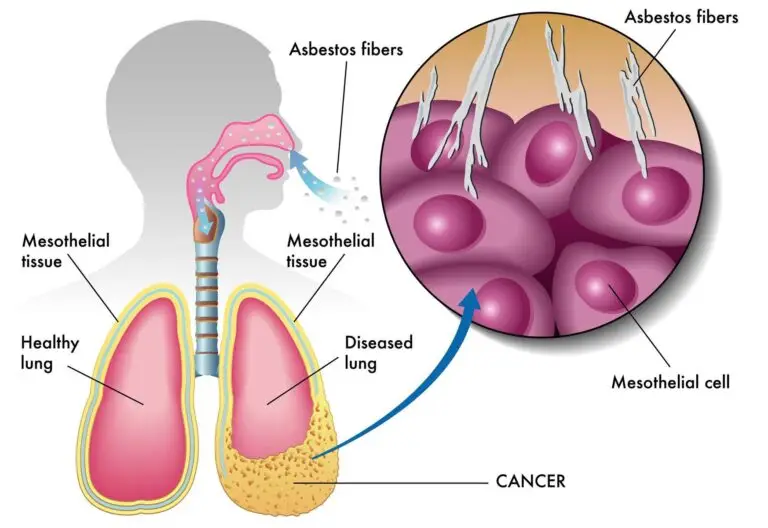Atrioventricular nodal reentry tachycardia, also called AVNRT, is a type of irregular heartbeat known as an arrhythmia. It is the most common form of supraventricular tachycardia, which means the abnormal rhythm starts in the upper part of the heart. In AVNRT, the heart suddenly begins to beat very fast, often at a rate higher than 100 beats per minute, and …
Atrioventricular Septal Defect
Atrioventricular septal defect is a congenital heart defect, meaning it is present at birth. It involves a combination of structural problems affecting the center of the heart. Children born with this condition have a hole in the wall that separates the heart chambers, along with abnormalities of the heart valves that regulate blood flow. Because of this defect, extra blood …
Vaginal Atrophy
Vaginal atrophy, also known as atrophic vaginitis or genitourinary syndrome of menopause (GSM), is a condition caused by thinning, drying, and inflammation of the vaginal walls due to a decrease in estrogen levels. It most commonly affects postmenopausal individuals but can also occur during breastfeeding or after medical treatments that reduce estrogen. Lower estrogen levels reduce blood flow and elasticity …
Reactive Attachment Disorder
Reactive attachment disorder is a childhood mental health condition that affects a child’s ability to form healthy emotional bonds with caregivers. It develops when a child’s basic emotional and physical needs for comfort, affection, and consistent caregiving are not adequately met during early development. The disorder is most often seen in children who have experienced severe neglect, abuse, or frequent …
Attention-Deficit/Hyperactivity Disorder (ADHD) in Children
Attention-deficit/hyperactivity disorder, commonly known as ADHD, is a long-term neurodevelopmental condition that affects millions of children worldwide and often continues into adulthood. The disorder is marked by an ongoing pattern of inattention, hyperactivity and impulsive behavior that interferes with daily functioning and development. Children with ADHD may struggle with focus, self-control and staying organized. These challenges can affect academic performance, …
Childhood Asthma
Asthma is a long-term (chronic) lung disease that affects your airways. Your airways are the tubes that carry air in and out of your lungs. When you have asthma, you can’t get air into your lungs because your airways swell and get too narrow. Like a pinched straw, this makes it hard for you to breathe, which can cause wheezing, coughing and chest …
Exercise-Induced Asthma
Exercise-induced asthma, also known as exercise-induced bronchoconstriction, is a condition in which physical activity triggers narrowing of the airways, making breathing difficult. It can occur in people with or without chronic asthma and is commonly triggered by vigorous exercise, especially in cold or dry air. Symptoms usually begin during exercise or shortly after stopping and can interfere with physical performance …
Occupational Asthma
Occupational asthma is a type of asthma that is caused or worsened by exposure to substances in the workplace. It occurs when inhaling certain chemicals, dusts, fumes, or biological agents triggers airway inflammation and narrowing. Symptoms may improve away from work and worsen during working hours, making early recognition and intervention important to prevent long-term lung damage. Symptoms Symptoms of …
Astrocytoma
Astrocytoma is a type of brain tumor or spinal cord tumor that begins in astrocytes. Astrocytes are star-shaped cells that support nerve cells and help keep the brain and spinal cord functioning properly. Astrocytoma is part of a broader group of tumors called gliomas, which develop from glial cells that support and protect nerve cells. Astrocytomas can vary widely in …
Asbestosis
Asbestosis is a long-term lung disease caused by breathing in asbestos fibers. Asbestos is a naturally occurring mineral that is resistant to heat and corrosion. In the past, it was widely used in products such as insulation, cement and certain floor tiles. When asbestos fibers are inhaled over a long period, they can become trapped in the lungs. Over time, …
